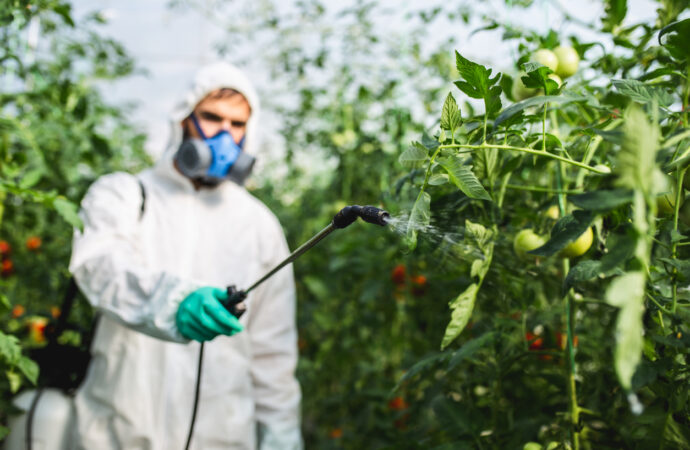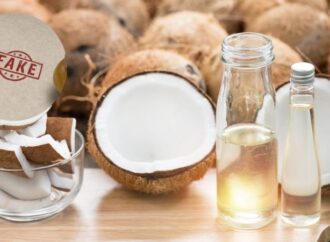Vegetables imported from other states, laced with toxic pesticide residues including carcinogens, threaten public health in Kerala. Health experts warn that eating such contaminated produce daily may fuel Kerala’s rising cancer rates and other chronic diseases. Tests show that many vegetables sold in local markets, supermarkets, and roadside stalls exceed safe pesticide limits, exposing consumers to chemicals that damage the liver, kidneys, and nervous system.
Disturbing Test Results
The “Safe to Eat” program at the College of Agriculture, Vellayani, tests samples every three months. In its latest analysis of samples from Palakkad, Kannur, and Kollam, more than 28 vegetable and 15 fruit samples carried dangerous pesticide residues, with 21.29% exceeding the legal limit of 0.1 ppm. Commonly contaminated vegetables include okra, brinjal, capsicum, carrot, coriander leaves, garlic, ginger, gooseberry, green chilli, and potatoes. Fruits such as apples, sapota, grapes, guava, oranges, sweet lime, pomegranate, and strawberries also showed high toxin levels.
Investigators found that many farmers dip vegetables in pesticide-laced water after harvest to maintain their appearance during transport. Although the Food Safety Department inspects, issues notices, and fines shops and hotels, it has not achieved long-term solutions. Herbs like mint, curry leaves, coriander, and spinach also tested positive for monocrotophos, acephate, profenofos, and ethion — pesticides banned or heavily regulated across the world. Even when officials file reports with the government, follow-up action often happens too slowly, leaving consumers at risk of prolonged exposure.
A Push for Sustainable Alternatives
Experts urge Kerala to reduce its dependence on vegetable imports by investing in local organic farming and toxin-free cultivation. Families can grow pesticide-free produce in kitchen or terrace gardens, even with limited space. Organic farmers confirm that natural pest repellents, when used correctly, can work as effectively as chemical pesticides despite aggressive campaigns from the pesticide industry against organic options. Consumers can also support the transition to safer food by choosing certified organic produce and backing local organic growers. Increased demand for pesticide-free food will encourage farmers to adopt sustainable practices, protecting both health and the environment.
Protective Steps for Consumers
Food safety officers advise consumers to soak vegetables and fruits in water mixed with vinegar, tamarind juice, or baking soda for 20–30 minutes and wash them thoroughly at least twice. They recommend soaking leafy greens, trimming roots, and rinsing spices like cumin and dried chillies before sun-drying them. Storing cleaned produce in breathable containers or wrapped in cotton cloth inside the refrigerator helps maintain freshness and safety.
Source: Kerala Koumudi
 Food Manifest
Food Manifest 


















